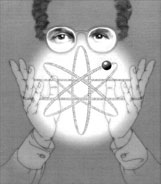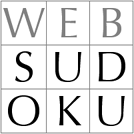 A factory of one's own
A factory of one's own
According to MIT's Neil Gershenfeld, the digital revolution is over, and the good guys won. The next big change will be about manufacturing. Anyone with a PC will be able to build anything just by hitting 'print.'
Read article at
CNNNeil Gershenfeld
I have never understood the division between computer science and physical science. The problems that I've studied—from molecular quantum computation to virtuosic musical instruments—have all had the character that their logical function and their physical embodiment cannot be understood independently.
My research interests have always been at the boundary between the content of information in a system and its physical representation. More recently, I've also focused on the institutional context required for the development of this kind of work, which led to the establishment of the Center for Bits and Atoms (CBA) at MIT. CBA is assembling the significant physical (and intellectual) infrastructure required to bring the sensibility of the Media Lab to the practice of physical science.
Of the grand-challenge problems being addressed by CBA, two are of particular interest to me: personal fabrication, which involves programming the assembly of active materials in order to bring the malleability of the digital world to the physical world; and "statistical-mechanical" engineering, which seeks to bring rigor to the design of the emergence of functionality in enormously complex systems without explicitly specifying how they work. The former promises to bring not only information technology to the masses, but also the locally appropriate design and development of those technologies. And the latter promises to support the resulting distributed engineering of planetary-scale systems.
Links:
Prof. Neil Gersh homepageFabLab at MITCentre for Bits and Atoms (CBA) at MIT





